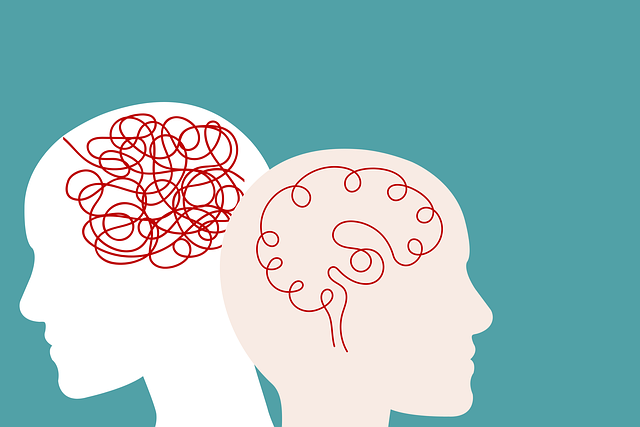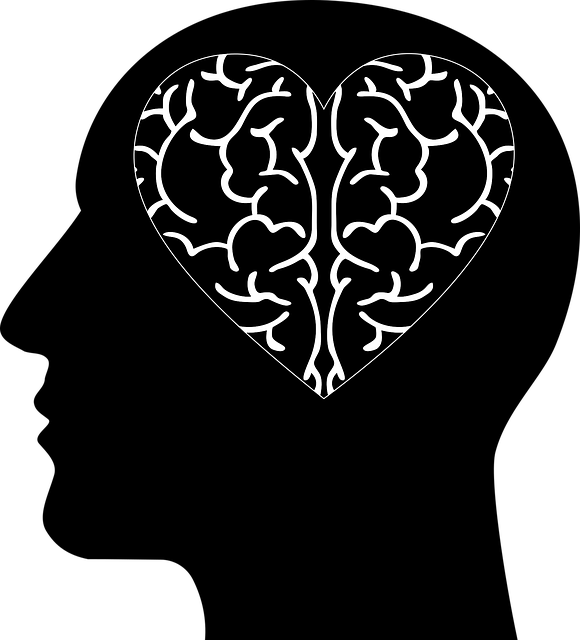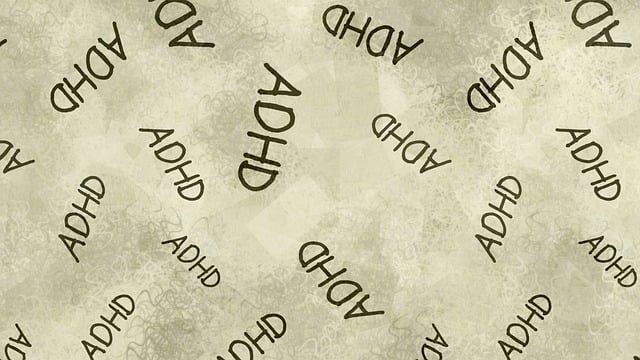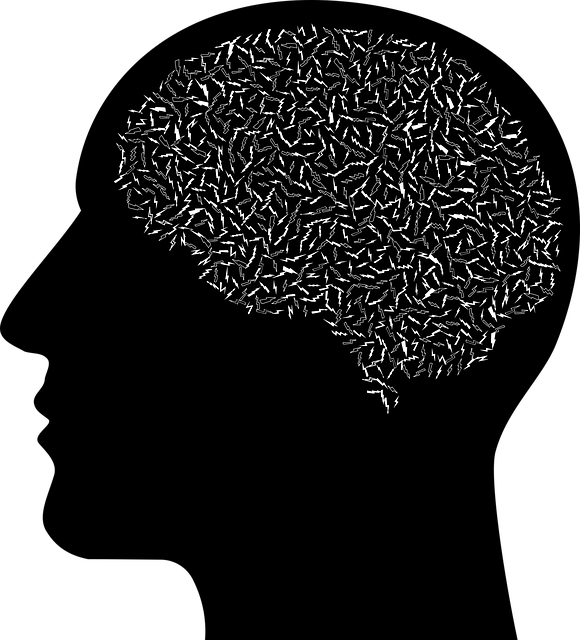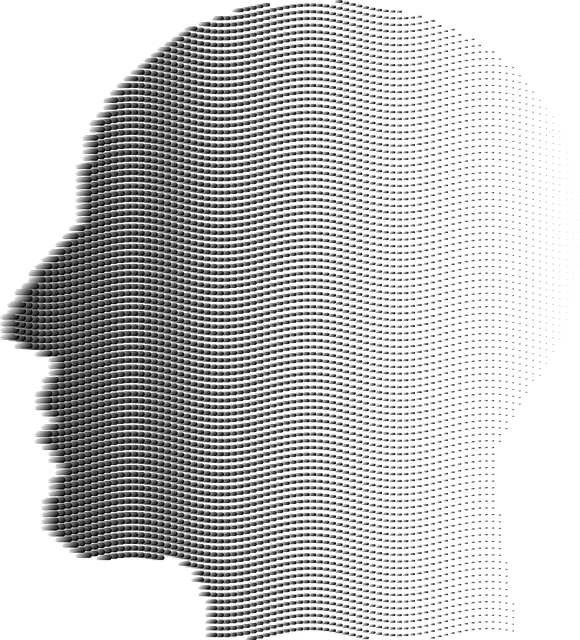Northglenn Alcohol Abuse Therapy (NAAT) prioritizes resilience as a key component of mental health treatment, using the Recovery Capital Framework (RFM). Through structured interventions focusing on recovery, flexibility, and meaning, NAAT equips individuals with tools for stress adaptation, risk management, and effective communication. Incorporating mindfulness practices, cognitive reframing, and self-care routines, this holistic approach enhances mental fortitude and promotes long-term recovery for those struggling with alcohol addiction. Success is measured through client engagement, emotional intelligence improvements, and regular feedback, ensuring NAAT remains responsive to individual needs.
“Discover how Northglenn Alcohol Abuse Therapy revolutionizes recovery with its unique approach, integrating RFM (Resilience, Flexibility, and Mastery) techniques. This comprehensive guide explores the vital role of RFM in building resilience, offering a structured path to coping with challenges. We’ll delve into their therapeutic methods, providing insights on implementing effective resilience exercises for optimal results. Learn about measuring success and ensuring continued support within this transformative journey.”
- Understanding RFM and Its Role in Resilience Building
- The Northglenn Alcohol Abuse Therapy Approach
- Implementing Effective Resilience Exercises
- Measuring Success and Continued Support
Understanding RFM and Its Role in Resilience Building

Resilience is a crucial aspect of mental health, enabling individuals to navigate life’s challenges and setbacks. At Northglenn Alcohol Abuse Therapy, we recognize that building resilience is an essential component of our treatment programs. RFM (Recovery Capital Framework) is a valuable tool in this process, offering a structured approach to understanding and enhancing an individual’s resilience. This framework considers three key factors: Recovery, Flexibility, and Meaning.
By assessing these elements, mental health professionals can tailor interventions for better burnout prevention. For instance, encouraging clients to develop a self-care routine can strengthen their flexibility, allowing them to adapt during stressful situations. Moreover, RFM promotes risk management planning, ensuring individuals have the tools to mitigate potential mental health crises. This proactive approach to resilience building empowers folks to lead more fulfilling lives and fosters a sense of empowerment in managing their well-being, especially in the face of life’s challenges.
The Northglenn Alcohol Abuse Therapy Approach

The Northglenn Alcohol Abuse Therapy (NAAT) approach is a comprehensive and holistic strategy designed to tackle alcohol-related issues head-on. This unique therapy model goes beyond traditional treatment methods by integrating various resilience-building exercises and crisis intervention guidance tailored to individual needs. NAAT recognizes that overcoming alcohol abuse requires more than just abstinence; it involves fostering mental and emotional strength.
The program incorporates Conflict Resolution Techniques and Mind Over Matter Principles as core components. Through these, participants learn effective communication skills to navigate challenging situations without resorting to substance abuse. By empowering individuals with the tools to manage stress, resolve conflicts peacefully, and cultivate a positive mindset, NAAT aims to enhance overall resilience, ensuring long-term recovery and improved quality of life for those struggling with alcohol addiction.
Implementing Effective Resilience Exercises

Implementing effective resilience exercises is a vital step in fostering inner strength development, particularly for those seeking Northglenn Alcohol Abuse Therapy. These exercises are designed to help individuals navigate and overcome life’s challenges with greater ease. By incorporating activities that promote positive thinking and stress management, individuals can build mental fortitude and adaptability.
Resilience training involves various strategies, from mindfulness practices to cognitive reframing techniques. For instance, regular meditation sessions can enhance one’s ability to stay calm under pressure while encouraging a more positive outlook. Additionally, stress-reduction exercises like deep breathing or progressive muscle relaxation help individuals manage anxiety and reduce the impact of stressful events. Northglenn Alcohol Abuse Therapy centers often integrate these practices into their programs to empower clients with practical tools for long-term recovery and overall well-being.
Measuring Success and Continued Support

Measuring success and providing continued support are integral aspects of RFM (Resilience, Flexibility, and Mindfulness) implementation in Northglenn Alcohol Abuse Therapy sessions. The effectiveness of these exercises can be evaluated by tracking key indicators such as client attendance rates, engagement levels during group activities, and improvements in emotional intelligence demonstrated over time. Regular feedback from participants plays a pivotal role in refining the program, ensuring it aligns with their evolving needs.
Additionally, fostering a culture of self-care routine development for better mental health is essential. By incorporating emotional healing processes into the therapeutic framework, clients gain valuable tools to navigate challenges and maintain long-term recovery. This holistic approach not only enhances individual resilience but also strengthens their overall well-being, making them better equipped to handle stressors and triggers in their daily lives.
The implementation of RFM (Resilience, Flexibility, and Mastery) principles, as demonstrated by the successful Northglenn Alcohol Abuse Therapy Approach, offers a transformative path towards building resilience. By integrating targeted exercises that foster adaptability and personal growth, individuals can effectively navigate life’s challenges. This holistic approach, coupled with continuous support, empowers people to overcome adversity and thrive. Embracing RFM-based strategies, as outlined in this article, provides valuable tools for enhancing mental fortitude and overall well-being.

